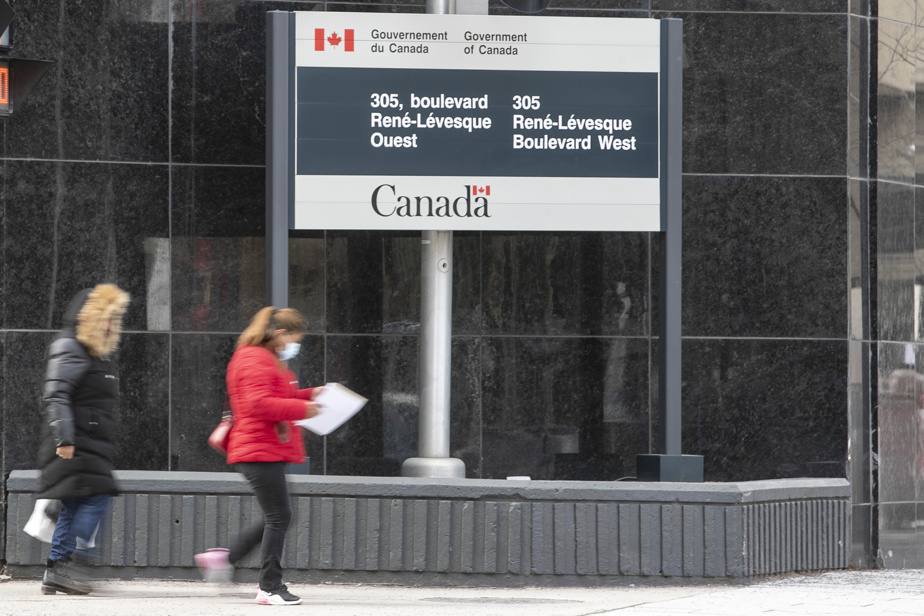
(OTTAWA) After losing its latest attempt to end an audit by the Canada Revenue Agency (CRA), a major Muslim charity believes a recent court decision vindicates the government's trespasses against them.
The Muslim Association of Canada says the Ontario Court of Appeal decision allows Ottawa to violate Charter rights with impunity.
The community, known as MAC, promotes community service, education and youth empowerment, and says more than 150,000 Canadians use its mosques, schools and community centers each year.
She said the tax agency's long-running audit of its operations was fundamentally tainted by systemic bias and Islamophobia.
The association asked the Ontario Superior Court to stop the audit because it violates the Charter of Rights' guarantees of equality and freedom of religion, expression and association.
The federal government argued the case should be dismissed, saying the CRA's selection of the association for audit and subsequent review did not violate Charter rights.
Superior Court Judge Marcus Kohnen last year denied the charity's request to halt the audit, saying it was too early to intervene in the federal review.
Judge Kohnen also supported many of the association's arguments, saying the court should not interfere while the government agency's process is ongoing.
This process includes a possible internal appeal within the CRA, as well as a right of appeal to the Tax Court of Canada in the case of financial penalties and to the Federal Court of Appeal in the case of revocation of charity status.
In the latest ruling, a panel of Court of Appeal judges found no error in Judge Cohenen's decision to preemptively dismiss the association's challenge.
In a statement, the association said applying the “principle of prematurity” would impose significant legal and administrative costs on charities, which would lead to financial difficulties, reduced programs and compromised philanthropic work.
“Ultimately, this may prevent charities from effectively challenging Charter breaches in court at the end of an audit,” the statement said.
The appeal court's decision “is particularly detrimental to visible minorities and disadvantaged communities, who suffer disproportionately from systemic discrimination by public institutions,” added Sharaf Sharafeldin, a spokesman for the association.





